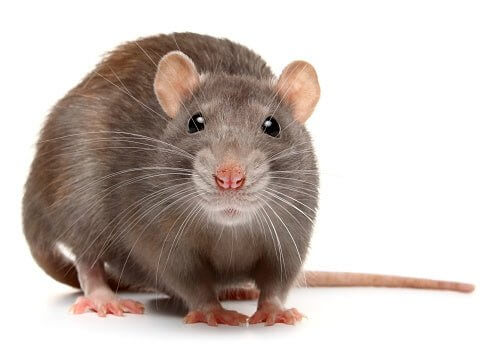Rodenticides
Rodenticides, also known as rat poison are a type of pesticide used to kill or control the population of rodents, such as rats and mice. These pesticides are typically made from chemicals that are ingested by the rodents, causing their death.
There are several types of rodenticides available on the market, including single-dose baits, multiple-dose baits, and anticoagulants. Single-dose baits contain a toxic chemical that is lethal in a single serving, while multiple-dose baits contain a lower dose of the toxic chemical and require the rodent to consume several servings before it is lethal. Anticoagulants are a type of rodenticide that interferes with the rodent's blood clotting mechanism, leading to death from internal bleeding. One of the main advantages of using rodenticides is their effectiveness in controlling rodent populations. These pesticides can quickly and efficiently reduce the number of rodents in an area, which can help to prevent damage to buildings and crops and reduce the risk of disease transmission.
To minimize the potential negative impacts of rodenticides, it is important to use these pesticides responsibly. This includes properly disposing of any unused or expired rodenticides, as well as following the instructions on the label for safe and effective use. In addition, it is important to consider alternative methods of rodent control, such as trapping or exclusion, that may be less toxic to the environment and non-target species. Despite the potential drawbacks, rodenticides can be an effective tool in controlling rodent populations when used responsibly. However, it is important to carefully consider the potential risks and impacts before using these pesticides and to use them only as a last resort after other methods have been tried.


